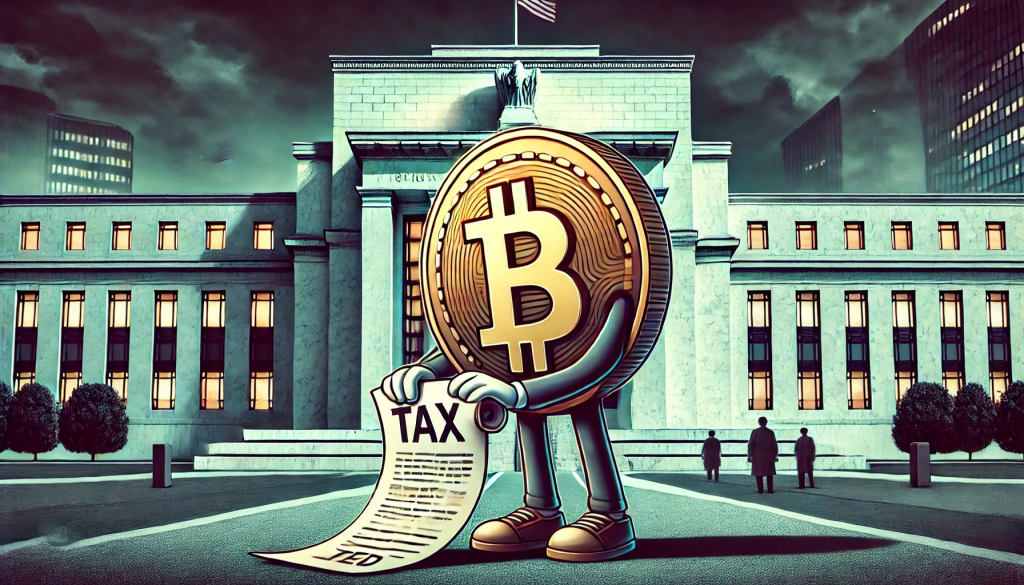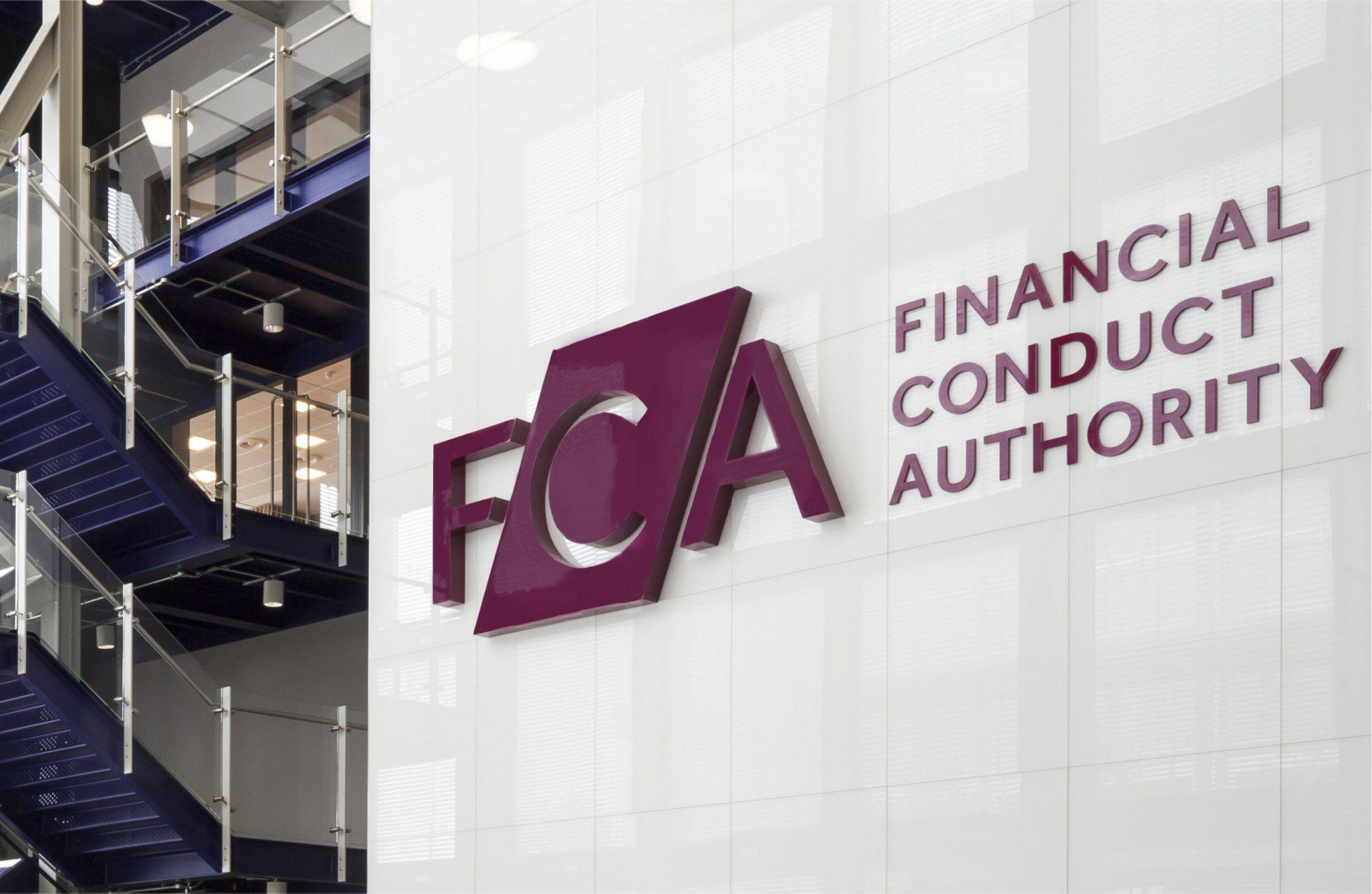To preserve primary deficits, the Federal Reserve Bank of Minneapolis recently published a paper that recommended that governments prohibit or tax Bitcoin
In a working paper that the Minneapolis Feds recently published on Oct. 17, governments are encouraged to either legally prohibit the trade of Bitcoin or implement a Bitcoin tax to preserve their persistent primary deficits.
The abstract of the working paper “Unique Implementation of Permanent Primary Deficits?” by Amol Amol and Erzo G.J. Luttmer states that “a legal prohibition against bitcoin can restore unique implementation of permanent primary deficits, and so can a tax on bitcoin at the rate.”
Bitcoin is classified as a “balanced budget trap” in the 40-page paper, a state where the government is compelled to maintain a balanced budget.
This is due to the Federal Reserve’s perception that Bitcoin’s decentralization presents a challenge for policy implementation, particularly for governments that intend to sustain their permanent deficits through nominal debt.
The researchers referred to Bitcoin as an example of a “private-sector security” with a fixed supply that lacks “real resource claims.” Consequently, they suggest that Bitcoin be taxed or prohibited to address this issue.
A primary deficit arises when a government expends more money than it has in taxes and other revenues. The government’s intention to continue spending more money than it has in the budget is indicated by adding the term “permanent” to the primary deficit.
Matthew Sigel, the head of digital asset research at VanEck, regards the working paper published by the Manhattan Fed as an “attack on Bitcoin.”
According to Sigel, the paper suggests that governments can maintain permanent deficits if consumers fail to recognize and implement new money, such as Bitcoin.
He also cited a post from Bitcoin analyst Tuur Demeester, who criticized a research paper published by the European Central Bank on October 12 that asserted that elder Bitcoin holders profit from newer holders.
:max_bytes(150000):strip_icc()/germany--hesse--frankfurt--financial-district-542509401-f008d5cd53e44fe59ddb8a88e760e344.jpg)
The paper contended that Bitcoin should be either prohibited entirely or regulated to prevent its price from increasing.
“The paper conceives of “Legal Prohibition” and additional levies on Bitcoin to guarantee that government debt remains “Only Risk-Free Security.” On October 21, Sigel composed a post on X.



